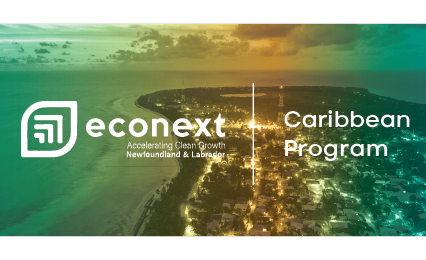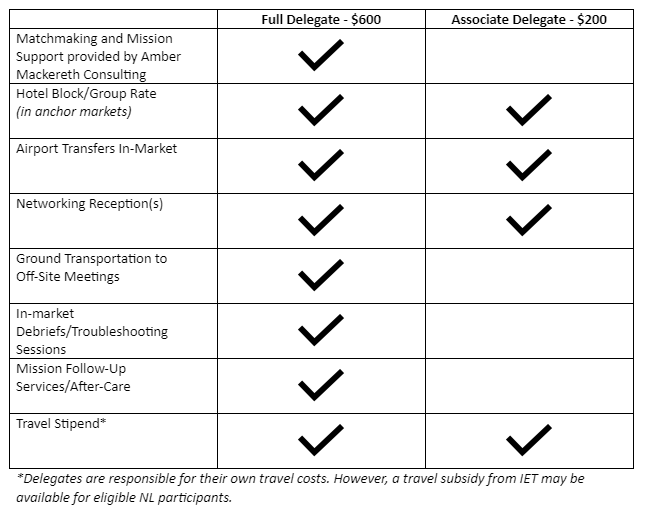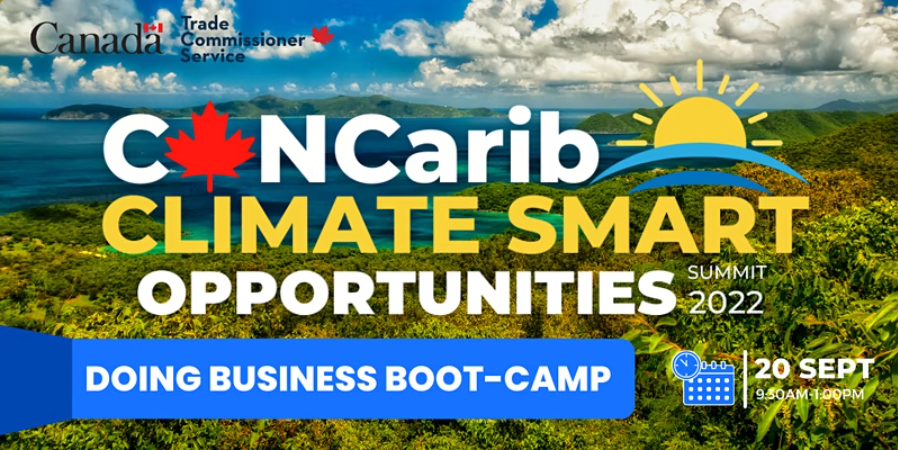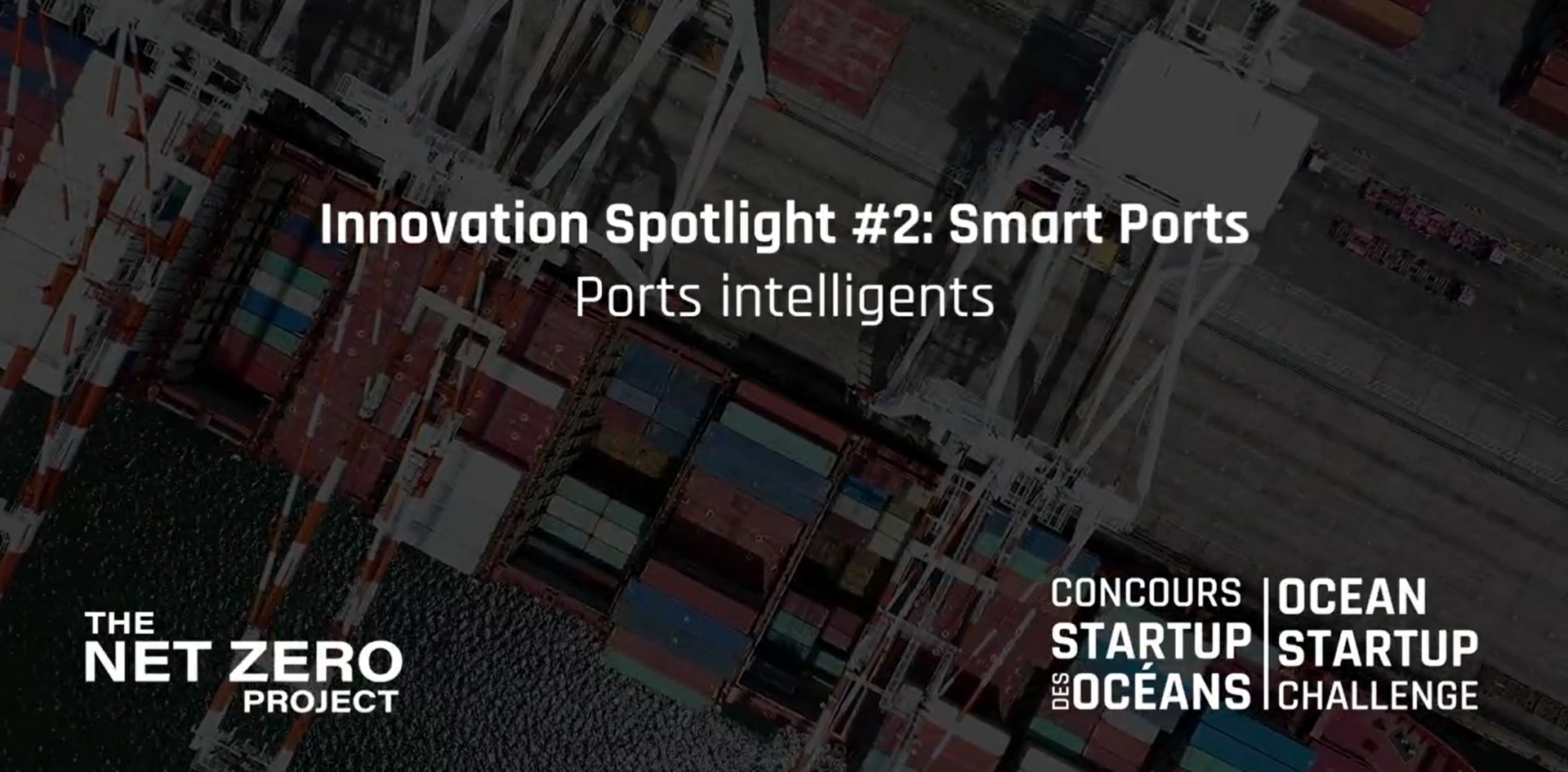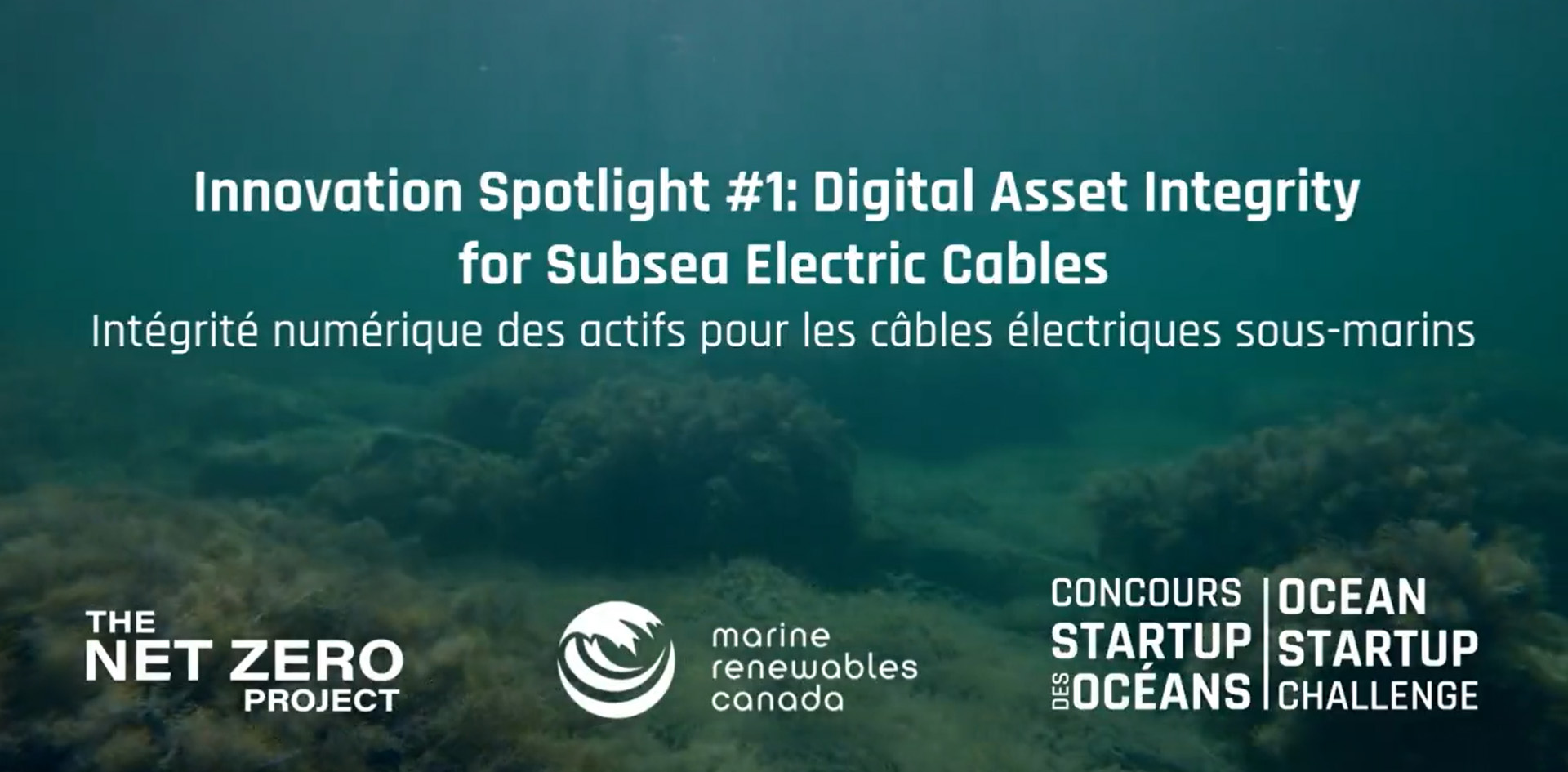
A Welsh businesses delegation is traveling to Newfoundland and Labrador in September seeking collaboration with like minded partners. Wales has a similar profile to NL in terms of scale and business types. Some of the businesses have products / services that might be of interest to econext members. The visiting businesses include:
Menter Môn https://www.mentermon.com/en/ is a not-for-profit social enterprise that delivers projects and services across Northwest Wales. They are working across the renewables supply chain as they are the host organisation for the Tidal Morlais project. Morlais is the largest UK tidal energy development run by a social enterprise. Mentor Mon is also involved in wind; solar and Hydrogen projects, open to sharing their experiences.
Real Ice https://www.realice.eco/ is a company that is developing innovative renewable energy powered devices to help re-ice the arctic. Their devices use renewable energy sources to pump sea water from below the ice and drip & spray it on top as a new ice layer. They are looking at hydrogen powered devices to provide the backbone of the technology. They are looking for partners in Canada.
Gaia Hire https://gaiagroupuk.com/ are in the business of supporting construction site to reduce their CO2 and fuel usage by up to 80%. They are seeking to work with construction firms.
KnitMesh Technologies https://knitmeshtechnologies.com/ manufactures bespoke knitted mesh for use in hydrogen production processes such as water electrolysis, fuel cells, chlor-alkali and power-to-gas. They are open to working with those involved in Hydrogen production.
TOMOE Valves https://tomoeeurope.com/ has become a leader in the production of high quality and technically advanced butterfly valves, actuators and control systems. TOMOE products can be found operating in a wide range of industries worldwide including oil & gas, petrochemical, marine, water treatment, building services, food & beverage and power generation, forming a trusted and reliable part of the process in each and every application. They are looking at valves applications for clean tech.
Should you have an interest in meeting any of the Wales delegate companies, please contact mission organizer Tony Aggarwal of Kinetic Cubed at taggarwal@kinetic3.co.uk.



